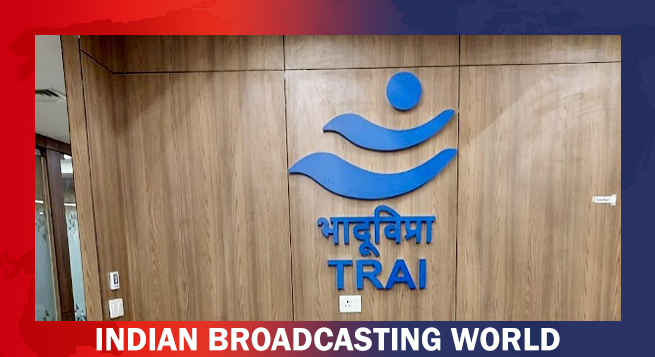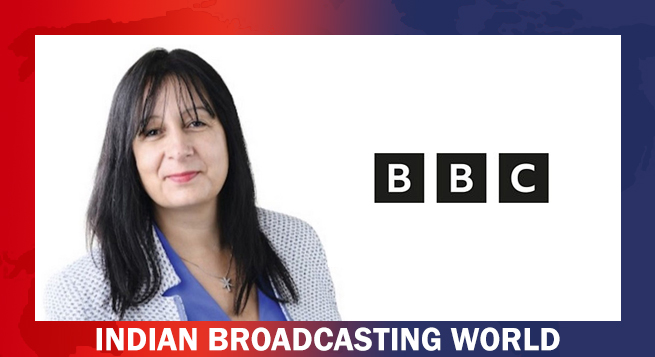When Netflix co-CEO Ted Sarandos visits South Korea this week, he will find an entertainment industry that has achieved global fame thanks to hits like ‘Squid Game’ and ‘The Glory’, but there are growing concerns about the impact on the local market.
South Korea has produced some of Netflix‘s most popular shows, which have become synonymous with the country’s broader international success of cultural exports, prompting the Californian company to invest $2.5 billion in local content.
According to Reuters, Sarandos will arrive in Seoul on Tuesday and will meet with Prime Minister Han Duck-soo on Thursday, his first visit as co-CEO.
However, while Korean shows are extremely popular on Netflix, with 60 percent of global users watching at least one title last year, there is growing pressure on the government to support locally funded projects and secure content rights.
In the face of rising production costs, the government announced plans last week to provide 500 billion won ($390.09 million) to assist local streaming platforms in competing with global rivals such as Netflix.
“The media and content industry will thrive when various platforms compete instead of being dominated by only a few, which will benefit both creators and consumers,” said Heo Seung, public affairs director at South Korean streaming platform Watcha.
According to the Korea Economic Research Institute, South Korea will export $13 billion in content in 2022, including video games, music, and broadcasting, eclipsing shipments of electric vehicles and rechargeable batteries.
The “Netflix Effect,” a term coined to describe the phenomenon that catapults actors and directors from obscurity to instant stardom when their shows debut on the streaming service, is a factor in South Korea’s success.
In light of this, President Yoon Suk Yeol hailed Netflix’s $2.5 billion investment as a “big opportunity” for both South Korea and the US streaming giant.
In South Korea, Netflix’s market share dwarfs that of local platforms such as Tving, Wavve, and Watcha.
In South Korea in 2022, the US firm reported an operating profit of 14.28 billion won, compared to Tving’s operating loss of 119 billion won.
According to Mobile Index, Netflix had a 38.2 percent market share in South Korea last year, far outnumbering Tving’s 13.1 percent.
South Korea, unlike the EU, does not have laws requiring foreign streaming services to create or invest in local content.
As a result, some Korean politicians have called for Netflix to better compensate creators when their projects succeed.
Netflix stated that it aims to compensate local creators fairly during the early stages of production, regardless of how well their shows perform.
“Compensation is an important part of that, but so is the creative expression our local team encourages, as well as our service’s global audience reach,” a Netflix spokesperson said in an emailed statement.
 Govt. not considering rules for use of AI in filmmaking: Murugan
Govt. not considering rules for use of AI in filmmaking: Murugan  DTH revenue slide to ease to 3–4% this fiscal year: Report
DTH revenue slide to ease to 3–4% this fiscal year: Report  At Agenda Aaj Tak, Aamir, Jaideep Ahlawat dwell on acting, Dharam
At Agenda Aaj Tak, Aamir, Jaideep Ahlawat dwell on acting, Dharam  JioHotstar to invest $444mn over 5 years in South Indian content
JioHotstar to invest $444mn over 5 years in South Indian content  Standing firm, TRAI rejects DoT views on satcom spectrum fee
Standing firm, TRAI rejects DoT views on satcom spectrum fee  Diljit Dosanjh wraps shoot for untitled Imtiaz Ali film
Diljit Dosanjh wraps shoot for untitled Imtiaz Ali film  ‘Bhabiji Ghar Par Hai 2.0’ to return with comedy, chaos, a supernatural twist
‘Bhabiji Ghar Par Hai 2.0’ to return with comedy, chaos, a supernatural twist  BBC names Bérangère Michel as new Group CFO
BBC names Bérangère Michel as new Group CFO  ‘Border 2’ teaser to be unveiled on Vijay Diwas
‘Border 2’ teaser to be unveiled on Vijay Diwas  CNN-News18 Rahul Shivshankar takes editorial charge
CNN-News18 Rahul Shivshankar takes editorial charge 









